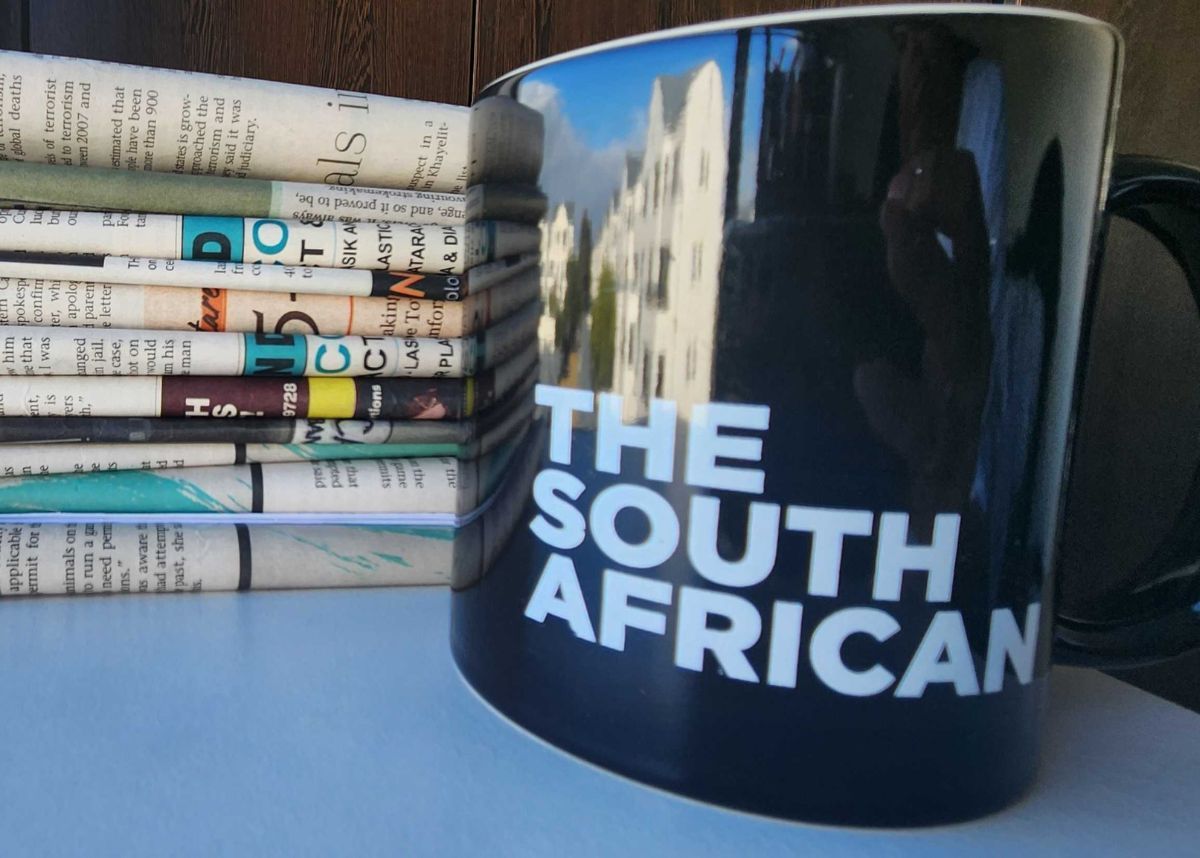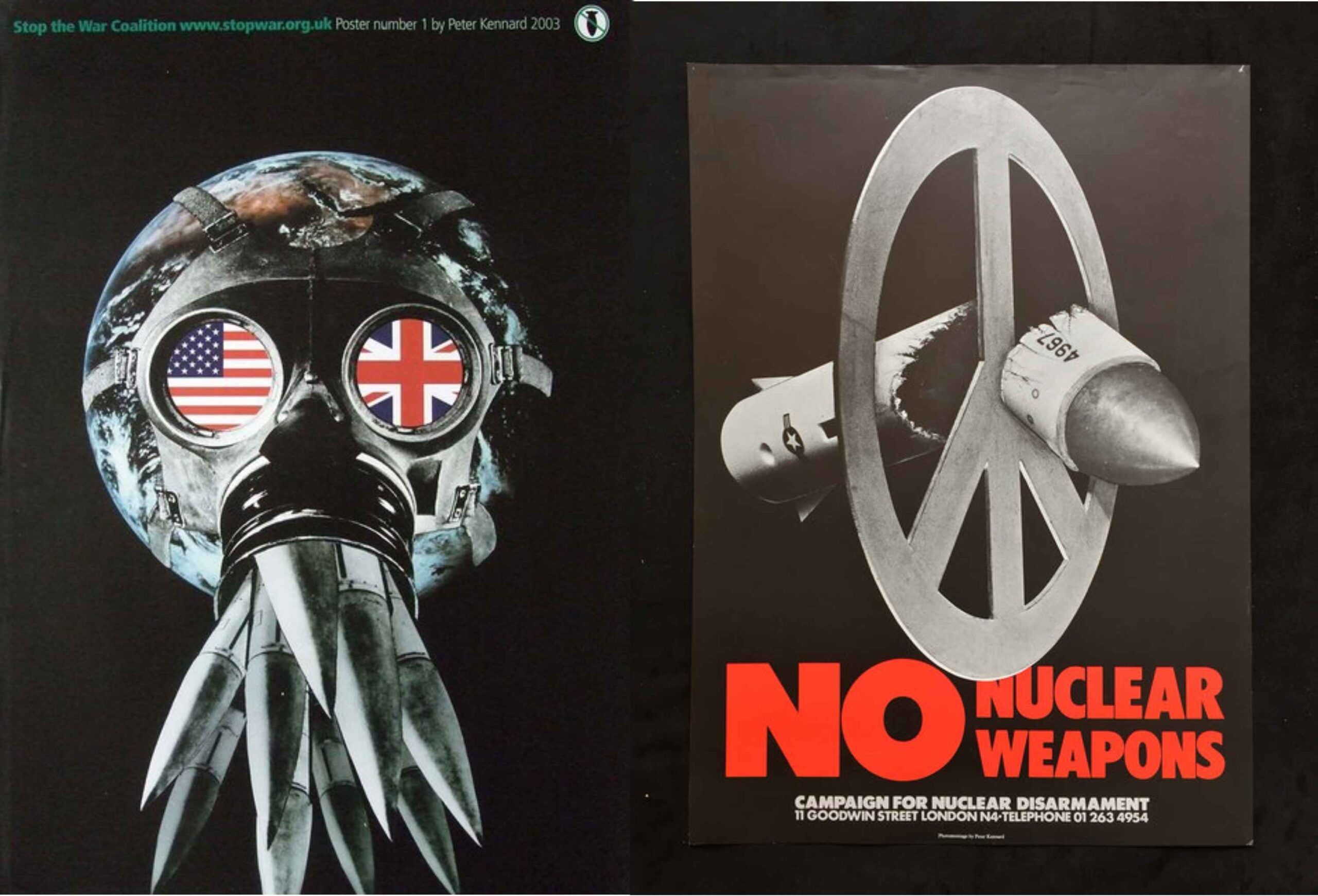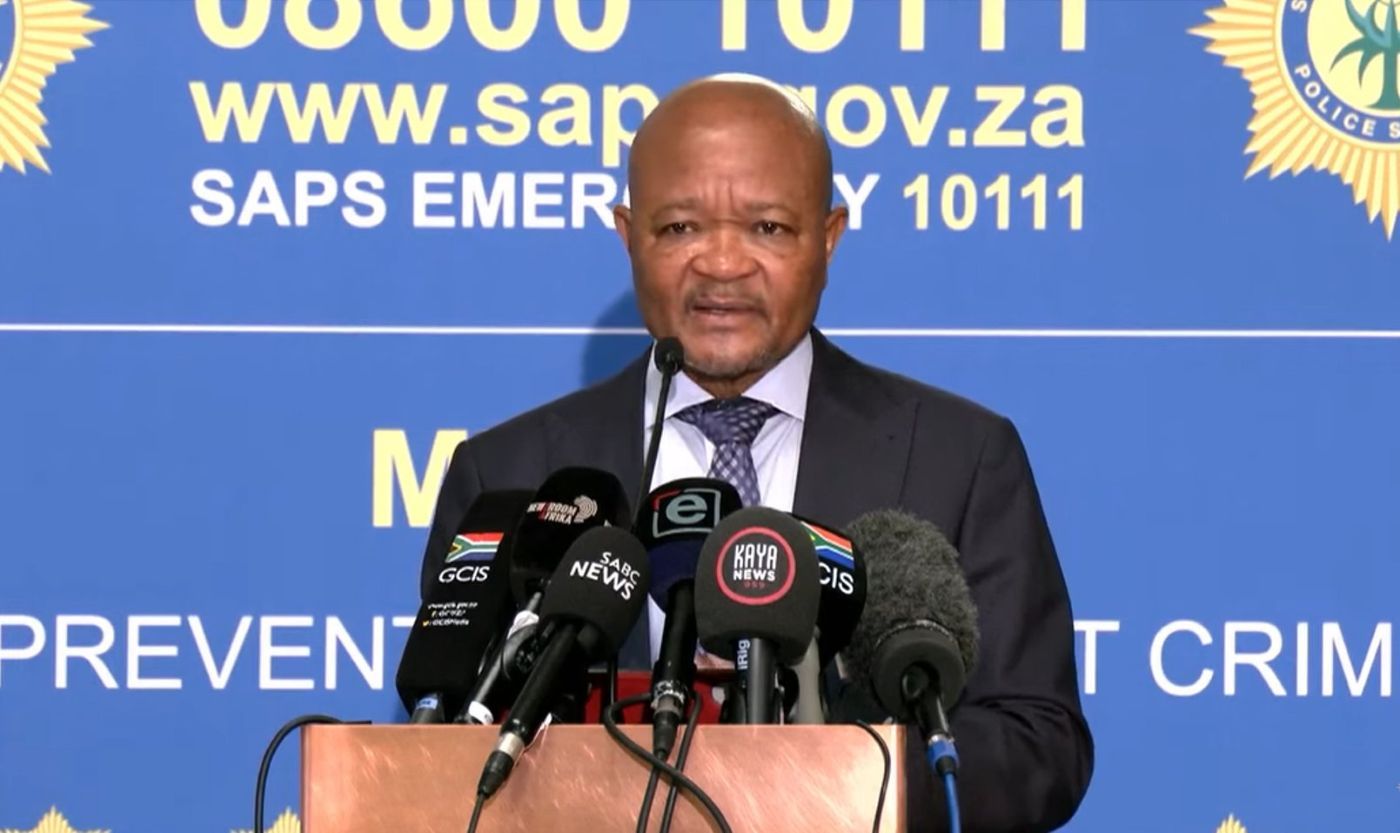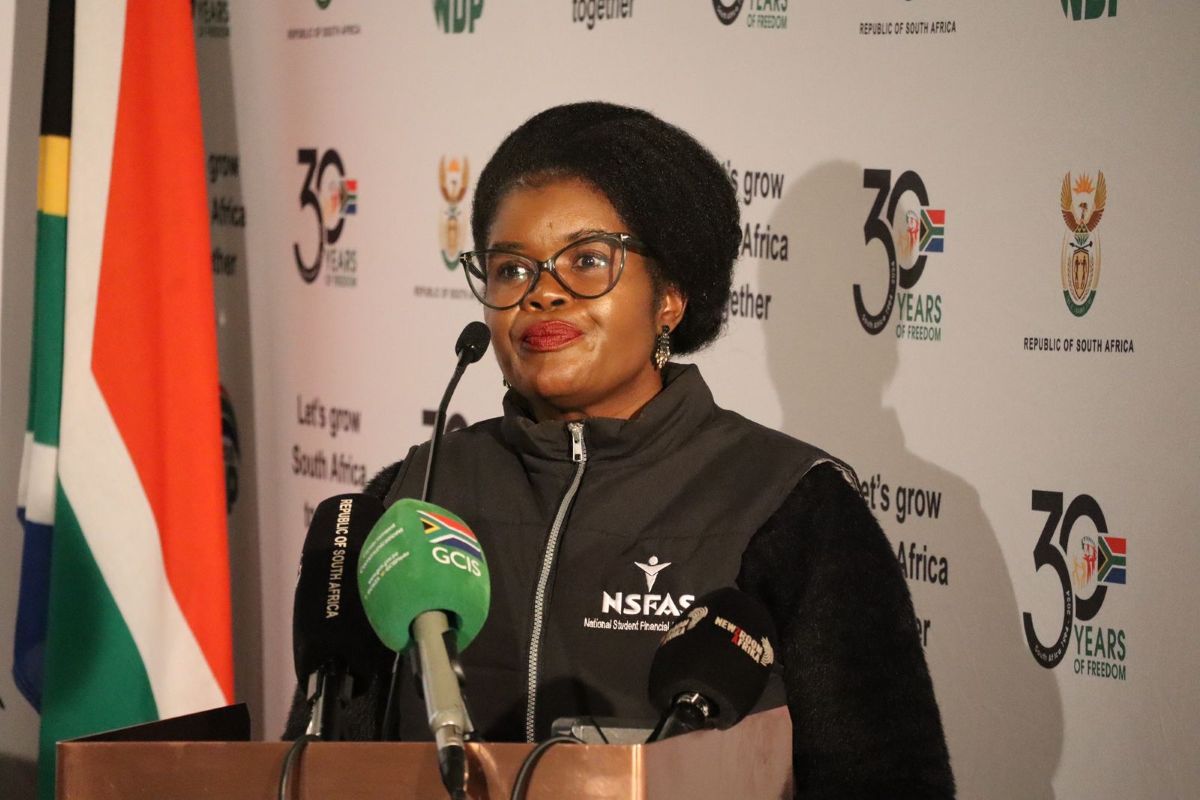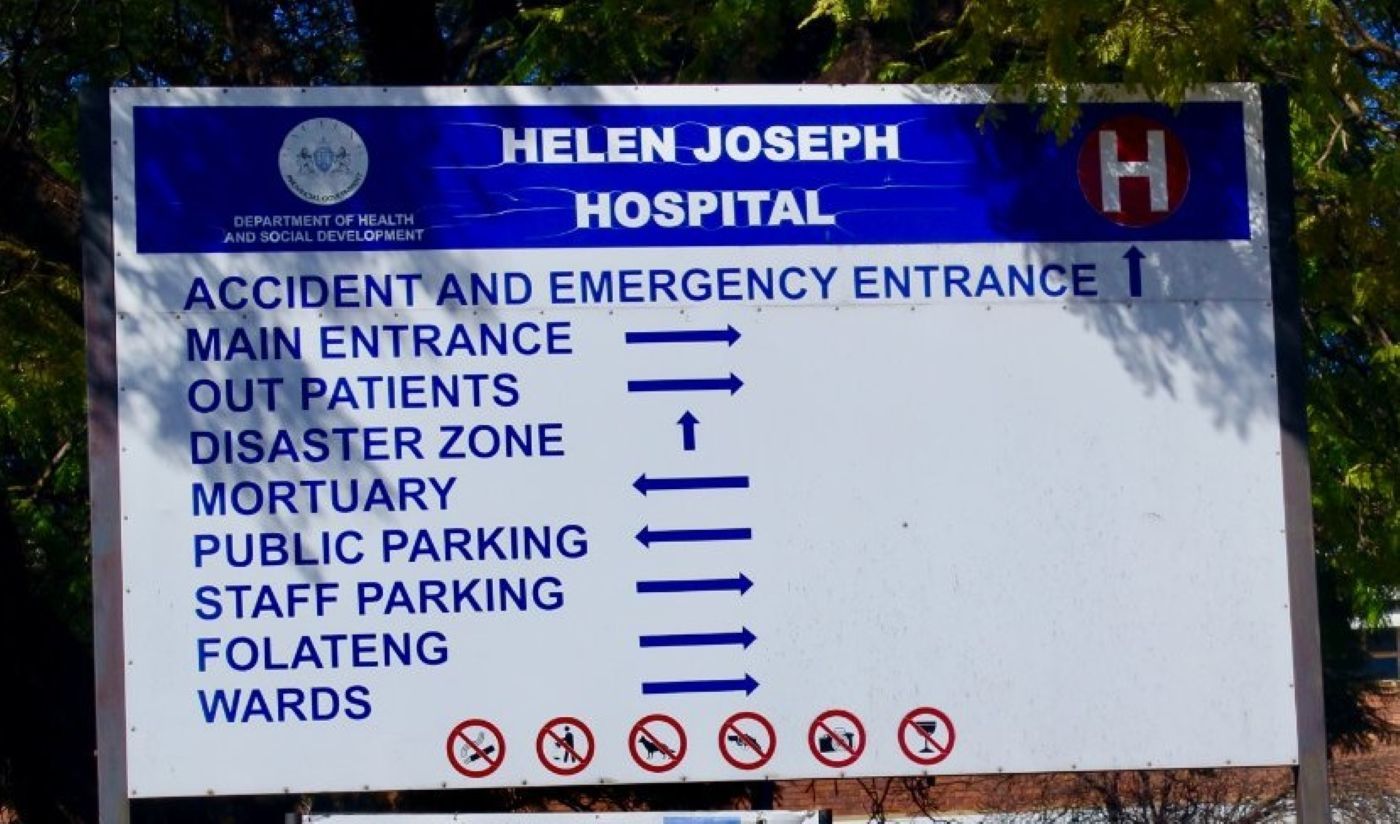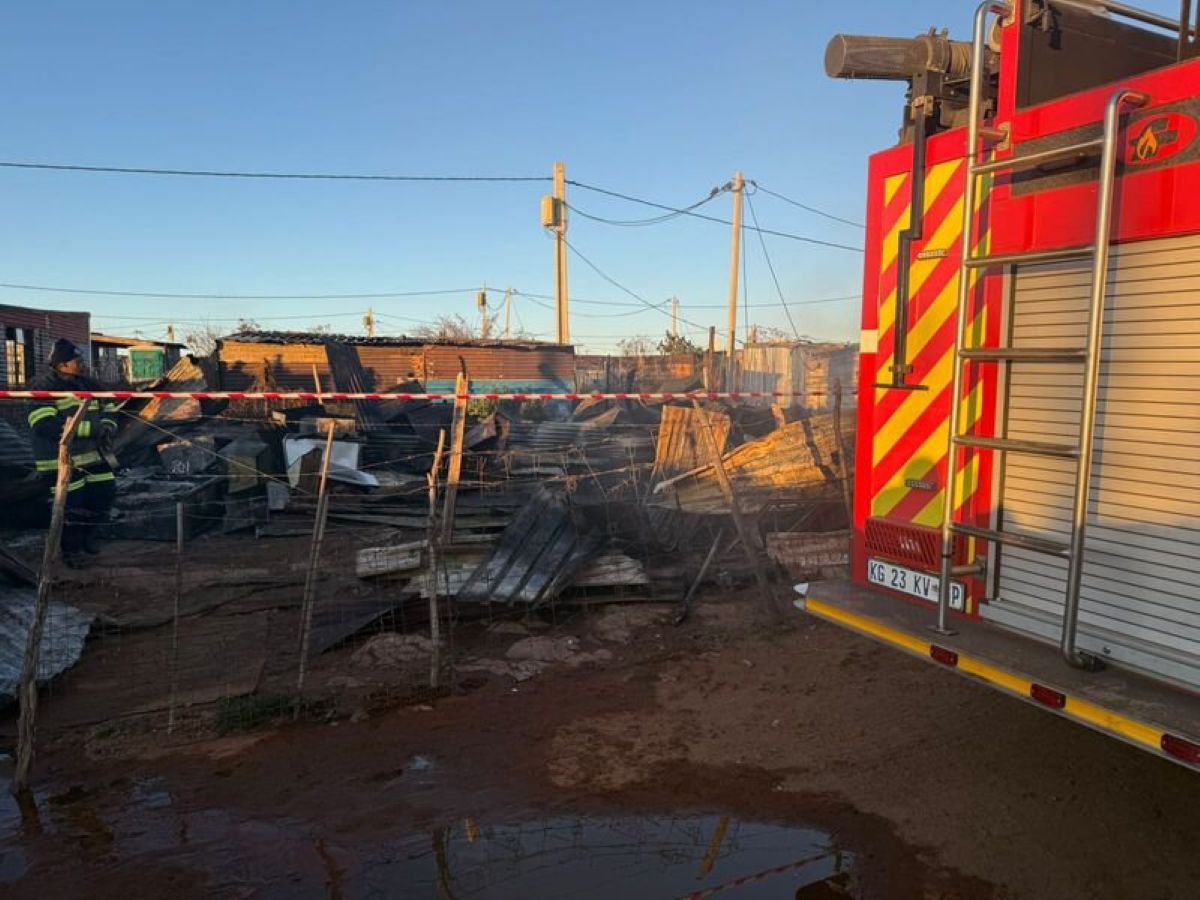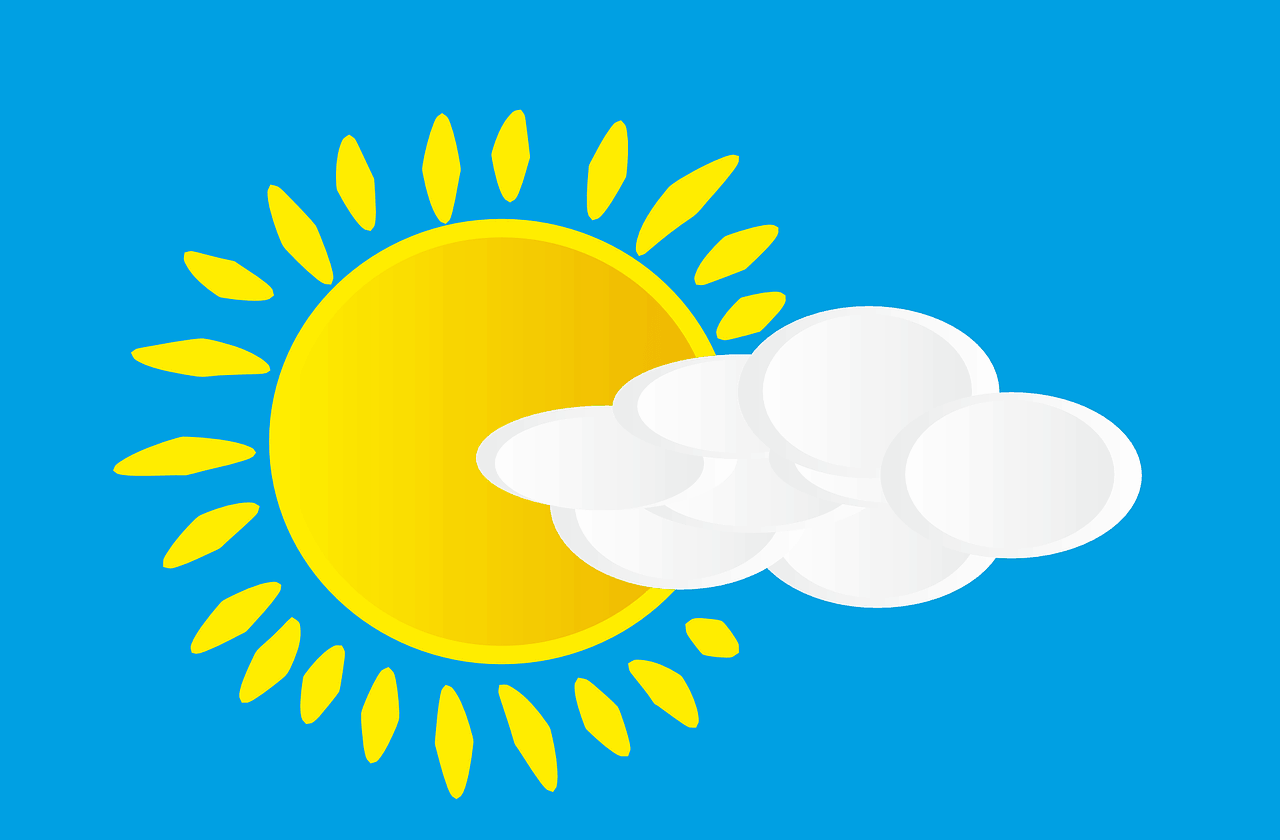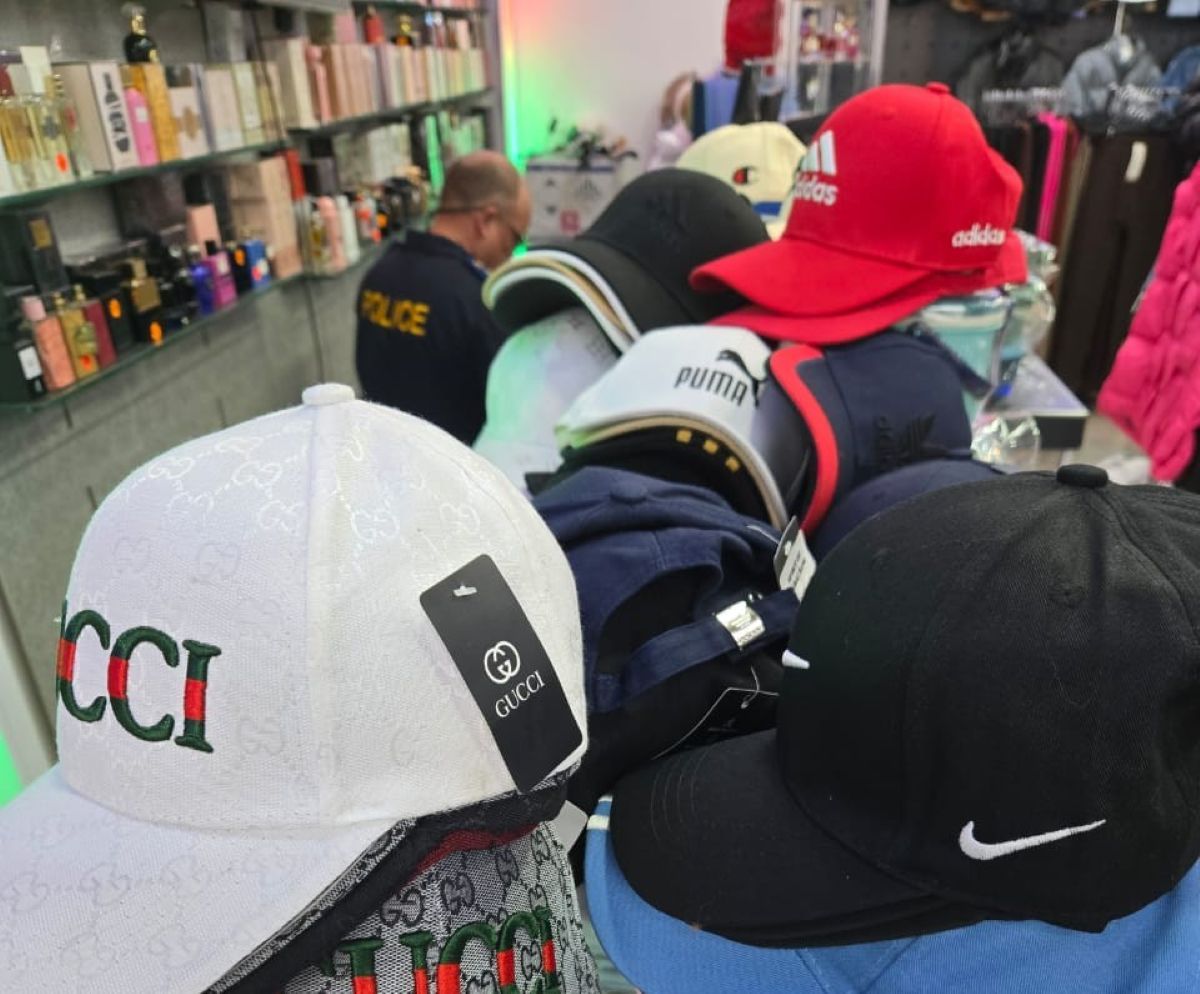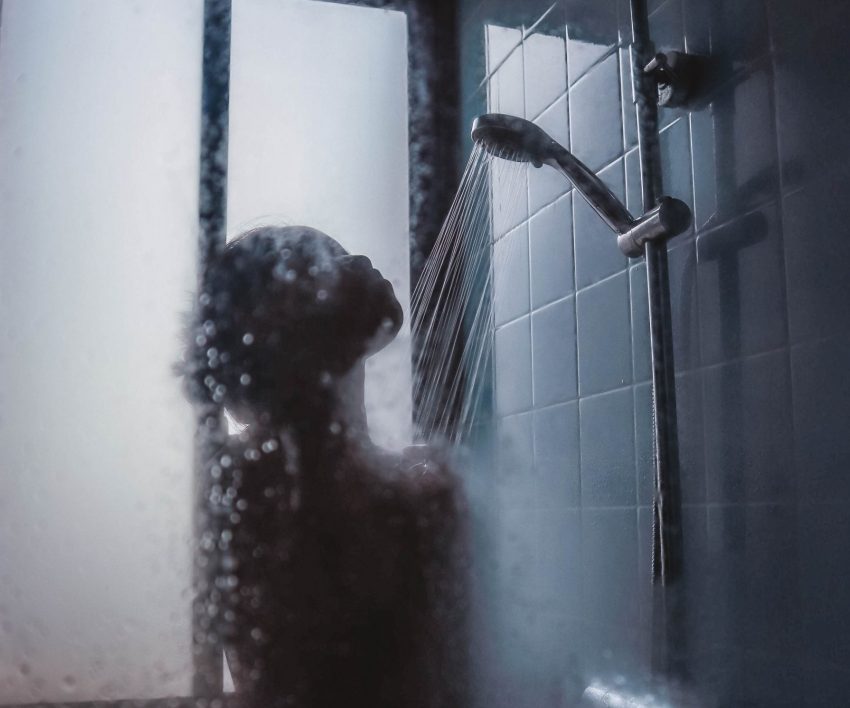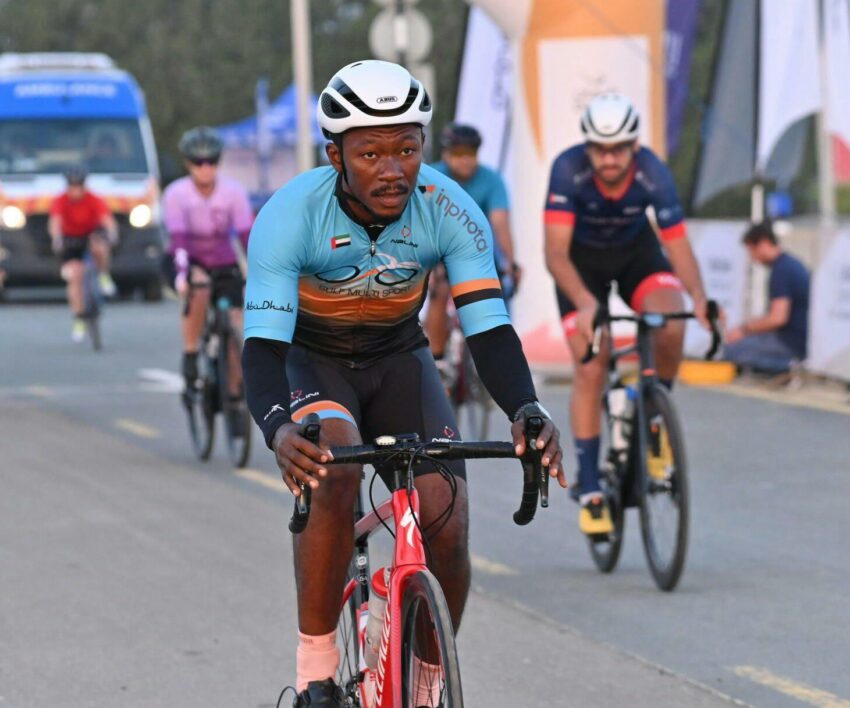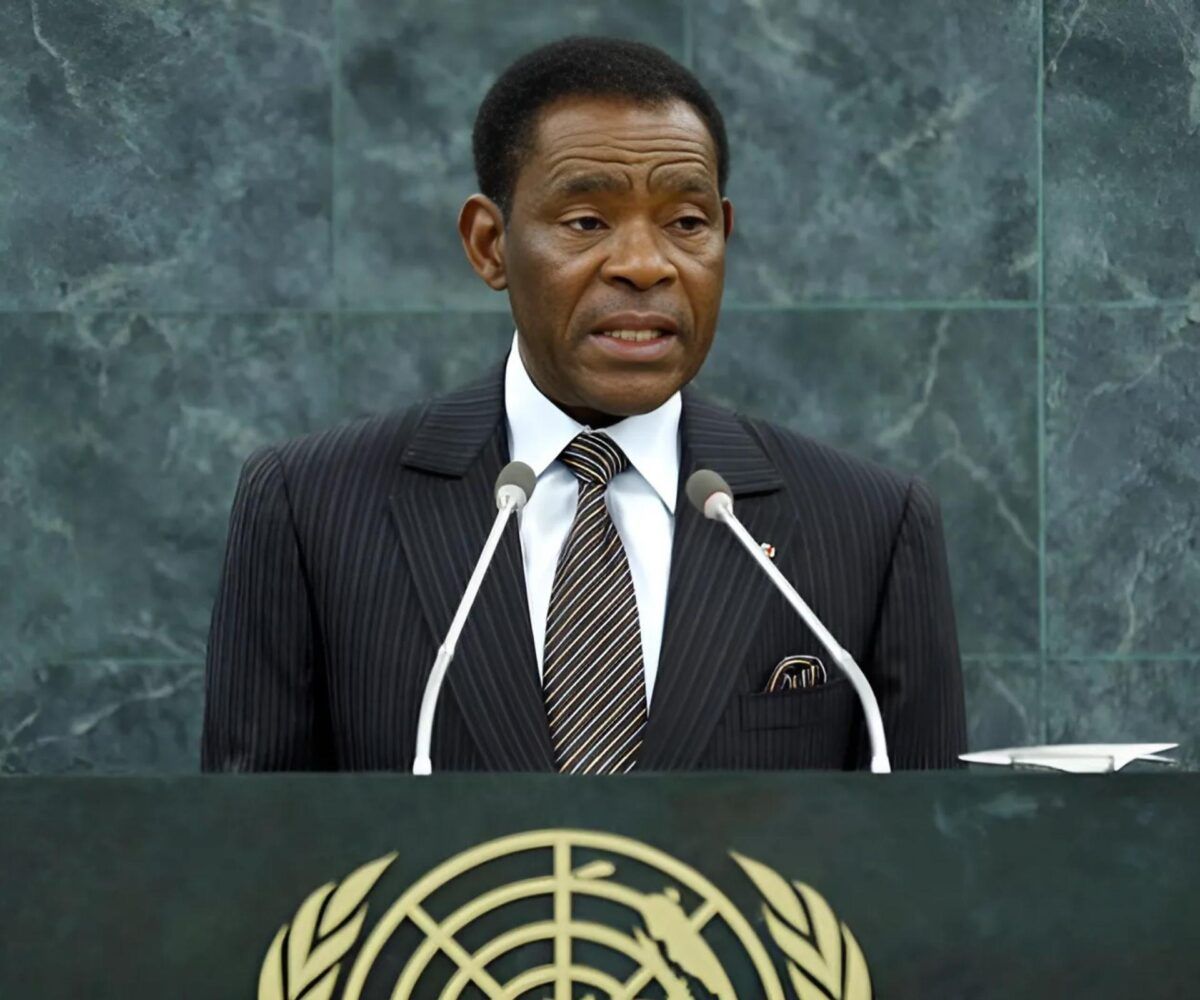
Human Rights Watch (HRW) confirms that several African presidents with lengthy tenures first came to power through freedom movements.
Over time, many used harsh tactics to secure their authority and silence civil rights, dissent, and opposition.
Their extended tenure in office is a reflection of Cold War alliances to secure the Western geopolitical agenda, post-colonial trauma, and structural weaknesses inherited from colonialism.
These trends impede democratic transformation and peaceful leadership transitions in many authoritarian African countries.
ARBITRARY AFRICAN BORDERS
According to historians, including the Kenyan Ali Mazrui, colonial powers drew the borders of Africa with little regard for linguistic, cultural, or ethnic reality.
Furthermore, the African Union’s Border Program (AUBP) recognises the effects of colonial borders. The AUBP maintains border integrity, promotes demarcation, and fosters regional cooperation.
ZAIRE (DRC)
For 23 years (1885–1908), King Leopold II of Belgium owned the Democratic Republic of Congo (DRC), also called the Congo Free State.
Leopold II ended his ownership on 15 November 1908, when the Belgian government took over direct colonial governance.
Known as the Belgian Congo, the period of direct Belgian colonial rule continued until the DRC gained independence on 30 June 1960.
Belgian rule ended in 1960, leaving the DRC unstable, divided along ethnic and regional lines.
That same year, Belgian mining companies, concerned about the nationalisation of natural resources, played a role in influencing the Katanga province to secede from the DRC’s new government and become its own country.
Katanga contained minerals such as uranium, cobalt, and copper that were vital to Cold War nuclear projects and Western industry.
To protect mining interests, Katanga’s leader, Moïse Tshombe, declared independence with the support of Belgian troops and mercenaries.
The secession movement in Katanga and South Kasai triggered a civil war, split the Congo, and weakened the national government of former Prime Minister Patrice Lumumba.
To regain Katanga, Lumumba sought Soviet support, which worried the West and increased Cold War concerns.
The United States and Belgium supported Lumumba’s removal. The head of the Central Intelligence Agency (CIA) station, Larry Devlin, admitted receiving an order to kill Lumumba, even though the CIA did not carry out the murder. With Belgian help, Katangan soldiers executed Lumumba on 17 January 1961.
MOBUTU: THE WESTERN PUPPET OF POWER
Then-Army Chief Joseph Mobutu seized power in a military coup on 24 November 1965, promising to maintain stability, fight communism, and bring about order.
Former President Mobutu ruled the DRC, which he renamed Zaire, as its official president from 1965 to 1997. Using Law No. 001/67, he outlawed multiparty politics in 1967, citing national unity as justification.
Between 1967 and 1974, Zaire’s (DRC’s) economy flourished due to high copper prices and export revenue.
Mobutu’s centralised government built dams and highways, set up colleges, and expanded civil service employment during this prosperous period.
He initiated “Zairianisation,” replacing colonial names and symbols with African identities, language, and dress.
Mobutu grew increasingly authoritarian as he became concerned about outside threats, civil unrest, and elite plots to overthrow him.
After 1974, the economy deteriorated due to unsustainable government debt, corruption, and falling copper prices.
Mobutu continued to receive financial support from Western countries to maintain Cold War allegiance and challenge Soviet hegemony in Central Africa.
Mobutu used military loyalty, foreign aid, and a personality cult to maintain his rule through tyranny and patronage.
A 1994 report by Amnesty International (AI) detailed how Mobutu imprisoned opponents and made peaceful political opposition illegal.
In 1991, Mobutu regularly imprisoned former prime minister Étienne Tshisekedi for challenging his authority.
Mobutu is estimated by Transparency International to have embezzled approximately US$5 billion (roughly R92.5 billion) between 1965 and 1997.
THE AFRICAN HERO STATUS
Several African leaders were able to control political affairs through post-colonial heroics without being held accountable or subject to institutional scrutiny.
Liberation credentials bestowed significant moral power, enabling leaders to rule unchallenged for decades without adhering to democratic standards.
CÔTE D’IVOIRE
With significant support from Western nations, Félix Houphouët-Boigny served as Côte d’Ivoire’s first president from 1960 to 1993.
Former President Houphouët-Boigny suppressed dissent in 1963 by detaining dozens of people, including members of his party, on suspicion of plotting.
He also received substantial support in the 1970s in exchange for his commitment to a pro-Western foreign policy, though the exact amounts of French assistance are classified.
In 1982, authorities arrested academic activist Laurent Gbagbo for organising strikes and student-led demonstrations.
In Jeune Afrique and other journals, Gbagbo criticised Houphouët-Boigny’s repression and censorship.
Through the development of infrastructure, international investor relationships, and cocoa exports, he transformed Côte d’Ivoire into the economic hub of West Africa.
His Cold War connections, local unrest, and fears of internal coup attempts and disintegration were the root causes of his authoritarianism.
ZIMBABWE
From 1980 until 2017, former President Robert Mugabe ruled Zimbabwe, turning anti-colonial recognition into a consolidation and repression of authoritarian power.
Political persecution, economic collapse, and deliberate manipulation of Zimbabwe’s constitution all contributed to his decline in popularity.
After independence, he initially made investments in rural development and improved healthcare and education for Black Zimbabweans.
Elite corruption, economic mismanagement, and land expropriation sparked the collapse post-2000, and international isolation exacerbated it further.
AFRICAN LEADERS’ WESTERN ALLIES AND COLD WAR
Superpowers backed African dictators during the Cold War, prioritising ideology over democracy, as US archives consistently confirm.
The US National Security Archive documents Cold War tactics that funded autocracies for anti-communist ends.
GABON
The French-backed economic continuity and political stability were upheld during Omar Bongo’s tenure as Gabon’s president from 1967 to 2009.
Former President Bongo supported Gabon’s oil-based economy and made investments in initiatives like Université Omar Bongo, but infrastructure development was uneven, and education received insufficient funding, which sparked protests.
Le Monde claims that Bongo was heavily reliant on Elf Aquitaine, which exchanged political funding for access to oil.
Elf secretly financed Bongo’s government in exchange for oil contracts, as Le Monde Diplomatique (1999) exposed.
While Bongo’s prolonged rule concentrated power and wealth, it also encouraged institutional dependence on foreign-controlled oil profits.
During her corruption investigation, Eva Joly found that Bongo’s family had lavish real estate, expensive cars, and suspicious Swiss bank accounts.
Watchdog groups claim that the Bongo dictatorship embezzled several hundred million US dollars.
Between 1993 and 2005, Pierre Mamboundou led the resistance and was regularly arrested for political dissent.
He wrote to the African Commission on Human and Peoples’ Rights (ACHPR), denouncing monitoring and torture.
Bongo remained relatively calm, but his opponents faced violence, censorship, and systematic exclusion from political life.
RWANDA
In 1994, Paul Kagame became the de facto leader of Rwanda, and in 2000, he was formally elected president.
After the genocide, he restored security, rebuilt Kigali, made healthcare investments, and led Rwanda toward economic growth.
His administration improved Rwanda’s digital infrastructure, promoted gender equality in parliament, and carried out peacekeeping missions.
Human Rights Watch (HRW) documented cases of dissenter arrests, torture, and disappearances in Rwanda and abroad from 2021 to 2023.
Global human rights organisations have widely denounced President Kagame’s intolerance for dissent, overshadowing his advocacy for control and progress.
MILITARY POWER AND POLITICS OF FORCE
In African countries with weak civilian institutions, military takeovers have cemented authoritarianism, according to the Institute for Security Studies.
According to scholars of African governance, military regimes flourish when democratic oversight and institutions are lacking or ineffective.
UGANDA
After a guerrilla campaign against the government of former President Milton Obote, President Yoweri Museveni came to power in 1986.
By issuing Legal Notice No. 1, he put an end to multiparty operations and established Uganda’s no-party Movement political system.
During his early years in office, Museveni stabilised Uganda’s economy and expanded healthcare and education.
However, repression of dissenters, electoral fraud, and the lifting of the presidential age limit have gradually compromised progress towards democracy.
Former Museveni advisor Dr Kizza Besigye was arrested more than ten times between 2001 and 2022.
He was accused of orchestrating unlawful protests in well-known Ugandan cities, causing civil unrest, and contesting election results.
Besigye submitted documents to Uganda’s Supreme Court in 2016 claiming evidence of electoral fraud and torture.
POWER THROUGH PERSONAL RULE
In Africa, personal rule endures because weak institutions enable leaders to solidify their power through repression and loyalty.
EQUATORIAL GUINEA
Equatorial Guinean state institutions were converted into networks of patronage loyal to President Teodoro Obiang Nguema Mbasogo.
According to academic sources such as Oxford Academic, Equatorial Guinea is a personalist system where elite co-optation and patronage are essential for political survival.
Obiang, who has been in office since 1979, significantly raised GDP in the early 2000s by using GEPetrol to manage oil revenues.
Petrodollars enabled the construction of urban roads, infrastructure, electrical access, and luxurious developments in the coastal cities of Bata and Malabo.
Yet, the concentration of wealth made inequality worse, and people outside of cities had limited access to basic services.
The U.S. Department of Justice made public offshore accounts linked to senior officials involved in the laundering of oil profits and illegal transactions.
Hundreds of millions of dollars were seized as a result of the United States Department of Justice (DOJ) forfeiture cases involving the ostentatious possessions of the wealthy elite.
The conviction of Teodorín Obiang for embezzlement and money laundering was formally upheld by the Court of Cassation in France in 2021.
French authorities seized approximately a hundred million euros in estates and upscale goods purchased with embezzled public funds.
Agustín Esono Nsogo, a journalist who documented human rights abuses by the government, was tortured at Black Beach jail.
Findings from Amnesty International show that Equatorial Guinea’s security forces engaged in widespread censorship, incommunicado detentions, and systematic torture.
Obiang’s long-term rule led to economic growth, but corruption, repression, and nepotism seriously jeopardised national development goals.
POWER THROUGH ELECTORAL MANIPULATION
Long-serving African presidents often use rigged elections and politicised courts to retain power and suppress opposition.
CAMEROON
The International Crisis Group’s (ICG’s) 2023 publications highlight trends in election manipulation across Africa, but they don’t focus solely on this problem.
Since taking office in 1982, President Paul Biya has led Cameroon, frequently winning elections despite widespread allegations of voter intimidation and fraud.
Significant irregularities were noted in Cameroon’s elections in 2004, 2011, and 2018 by Commonwealth, European Union, and NDI observers.
Biya changed Article 6 of the Cameroonian Constitution in 2008, eliminating term limits for presidents.
Against strong public opposition, the Biya parliament passed the amendment, which the Constitutional Council later approved.
Maurice Kamto, the leader of the Cameroon Renaissance Movement, was arrested after he challenged Biya’s victory in the 2018 election.
Maurice Kamto contested the 2018 election results at Cameroon’s constitutional council, but the council made no decision based on concrete evidence of meddling.
Biya improved the accessibility of telecommunications and maintained regional links, but road infrastructure was still insufficient and underwent little structural change.
But after 2016, his administration’s suppression of opposition, delay in decentralisation, and poor handling of Anglophone concerns sparked a deadly separatist struggle.
EMERGENCY POWER TACTICS
Many African regimes invoke national security to restrict civil rights and consolidate indefinite political power.
CHAD
As the President of Chad from 1991 to 2021, Idriss Déby Itno established himself as a crucial ally in the fight against terrorism.
He led Chad’s military actions against Boko Haram and made significant contributions to G5 Sahel initiatives.
Former President Déby became well-known throughout the world as a strongman by professionalising the Chadian military and expanding regional power.
Yet, military priorities diverted funds from civic, educational, and health services, making rural neglect worse.
Déby’s government frequently invoked security rationales, such as Boko Haram threats, to implement emergency measures that restricted people’s freedoms.
Under Déby, the Constitutional Council of Chad was largely inactive and rarely opposed presidential actions that restricted civil liberties.
Les Transformateurs, led by Dr Succès Masra, advocates for inclusive political representation and nonviolent change in Chad.
Particularly in 2021, security forces brutally put an end to Masra-organised rallies, sparking both domestic outrage and global concern.
According to Amnesty International, mass arrests and harsh repression of protesters are commonplace in Chad.
Amnesty’s report confirms that political activists frequently suffered abuse, even though it does not name Masra as a victim of torture.
AFRICAN ETHNIC DIVIDE-AND-RULE TACTICS
Ethnic divide-and-rule tactics are employed to weaken opposition and prolong control.
TOGO
From 1967 until 2005, former President Gnassingbé Eyadéma led Togo in a combination of prolonged authoritarian rule and socioeconomic advancements.
He nationalised Togo’s phosphate industry in 1974, boosting revenue and funding infrastructure at the height of the 1970s economy.
However, by the 1990s, phosphate exports had collapsed due to corruption and poor management, which sparked a national debt crisis and economic decline.
Eyadéma invested funds in public buildings and road construction, strengthening regional ties across central and northern Togo.
He relied heavily on the Kabyé ethnic minority to dominate government institutions and exercise control over the military.
Southern and minority groups become polarised and enraged as a result of this ongoing ethnic isolation.
Eyadéma’s government was accused by opposition leader Gilchrist Olympio of repression, which included media censorship, torture, and arrests.
The UN and Amnesty International documented torture, censorship, and political persecution in Togo in their 1990s reports.
KENYA
Former President Daniel Arap Moi governed Kenya from 1978 to 2002, enhancing education and rural infrastructure during his initial years in power.
He implemented a free milk programme in schools, increased primary enrolment, and constructed roads connecting remote agricultural areas.
He centralised authorities, suppressed opposition, and relied on ethnic patronage to maintain national political dominance.
According to human rights reports, state-sponsored violence between 1992 and 1997 uprooted thousands, particularly in the Rift Valley.
Between 1991 and 1997, the Kenyan government used ethnic violence to weaken opposition during the country’s multiparty electoral reforms.
The Goldenberg scam, which involved false gold export reimbursements, embezzled millions of Kenyan dollars during Moi’s administration.
Ultimately, Moi consolidated his power through force, nepotism, and financial mismanagement, despite his initial perceived stabilising role.
AFRICAN CONSTITUTIONAL CHANGES
Authoritarian African presidents frequently amend their constitutions to remove term limits, eroding legal standards to give themselves more authority.
REPUBLIC OF CONGO
Except for the political transitions in 1992 and 1997, President Denis Sassou Nguesso has been in power in Congo since 1979.
He held a referendum in 2015 that eliminated age and term limits, allowing for continued presidential rule.
The Office of the United Nations High Commissioner for Human Rights (OHCHR) and Amnesty International reported fatalities during protests in October 2015 over the term extension.
Before his death, opposition leader Guy Brice Parfait Kolélas spoke out against persecution and electoral fraud during the Congo’s 2021 election.
Before his passing, Kolélas released a video in which he accused Sassou Nguesso’s government of vote fraud and intimidation.
He promoted election transparency and coalition building, which enhanced the appeal of the opposition.
In addition to ongoing urban infrastructure projects, the Sassou Nguesso administration opened Université Denis Sassou-Nguesso in 2021.
Although there are numerous efforts, Congo’s healthcare system faces challenges, with notable disparities in access between rural and urban areas.
Despite its achievements, the administration faces accusations of inequality, corruption, and institutional decay, particularly in the southern provinces.
AFRICAN AUTHORITARIAN COST AND COMPLICITY
Beyond term limits, authoritarian African dictators use institutional brutality, disintegration, and oppression to cause widespread suffering to anyone who opposes them.
Authorities have overseen killings, torture, and economic collapse from Uganda to Chad, with tragic human consequences.
Amnesty International confirmed numerous violations, and Hissène Habré’s dictatorship alone saw the execution of 40,000 people in Chad’s prisons.
These actions violate both Article 3 of the Universal Declaration of Human Rights (UDHR) and Articles 4 and 5 of the African Charter.
Such regimes threaten opponents with violence and arrest, destroy institutions, and eliminate term limits.
Leaders like Sassou Nguesso and Museveni advocate for rule extensions as a defence against external threats and instability.
They fear prosecution, retaliation, or exile if political rivals take control and investigate past wrongdoings by the government.
Foreign funders continue to support them, prioritising regional stability, economic access, and counterterrorism over their human rights pledges.
Despite the African Union (AU) and UN resolutions, long-standing authoritarian governments continue to practice mass killings, torture, and censorship.
The African Charter, the UN Torture Convention, and the African Union (AU) Constitutive Act all contain democratic and legal norms that these governments violate.
An estimated 210,000 civilians were killed under the leadership of four former presidents: Macías Nguema (Equatorial Guinea), Idi Amin (Uganda), Siad Barre (Somalia), and Hissène Habré (Chad).
WHY DO HEROES OF LIBERATION OFTEN BECOME TYRANTS?
Let us know by leaving a comment below, or send a WhatsApp to 060 011 021 11.
Subscribe to The South African website’s newsletters and follow us on WhatsApp, Facebook, X and Bluesky for the latest news.
